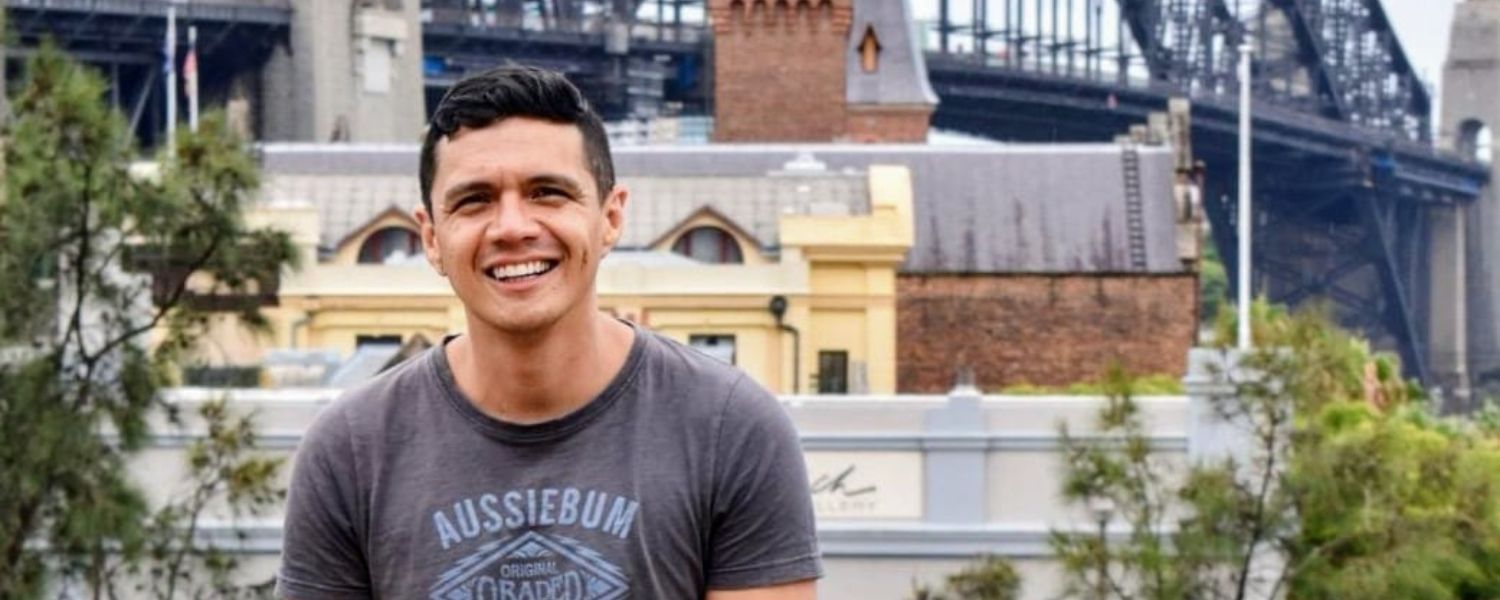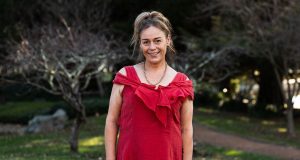Gilberto Spencer was 34 when he first heard about Fetal Alcohol Spectrum Disorder (FASD).
He was overseas at the time, and on his return home his first call was to the National Organisation for Fetal Alcohol Spectrum Disorder (NOFASD).
“I had my first conversation with them, and I had never shared that information with anybody else. I felt comfortable, and they referred me to one of the very few psychologists in Australia trained in FASD,” Gilberto said.
“The way they approached it put me at ease, and I started to understand things.”
Nine months later, he was diagnosed with FASD.
Gilberto is passionate about increasing awareness of FASD within the community, as a starting point to supporting individuals through diagnosis and improving access to support.
FASD is a lifelong disability caused by prenatal alcohol exposure. Alcohol consumed at any stage of pregnancy passes directly to the developing baby and can damage their brain, body and organs.
This year, the first study to estimate FASD prevalence in the general population in Australia, led by the University of Sydney, found that up to one million Australians (or 3.64 per cent) may have FASD.
“There will be a lot of people out there affected but do not know about it, that was my experience,” Gilberto said.
For Gilberto, moving forward with his diagnosis required him to recognise his strengths and champion them.
“My executive functioning or long term memory might not be the best, my balance and coordination might not be the best either. But I’m very good at building rapport and connecting with others,” he said.
In every job I’ve had, I realise that I have opened many doors for companies and organisations that they wouldn’t have had otherwise, this is where I found my strength, realising how resourceful I had to become.
“I have figured out my own system of working so I don’t forget things and push myself to do things.”
Gilberto describes diagnosis as a bittersweet moment that answered many questions but exposed the lack of support available for adults living with FASD in Australia.
He felt “left alone” with diagnosis and no clear path forward. He says his experience highlights the importance of increasing access to services for adults with FASD.
“I remember calling 20 places and many of them would say they don’t work with adults. The reality is there are not many providers that will service adults. We really need more support,” Gilberto said.
Throughout September, communities across the country wear red shoes and socks for the Red Shoes Rock campaign during International FASD Awareness Month, to spark conversations about FASD. Find out how to get involved: https://redshoesrock.org.au/







